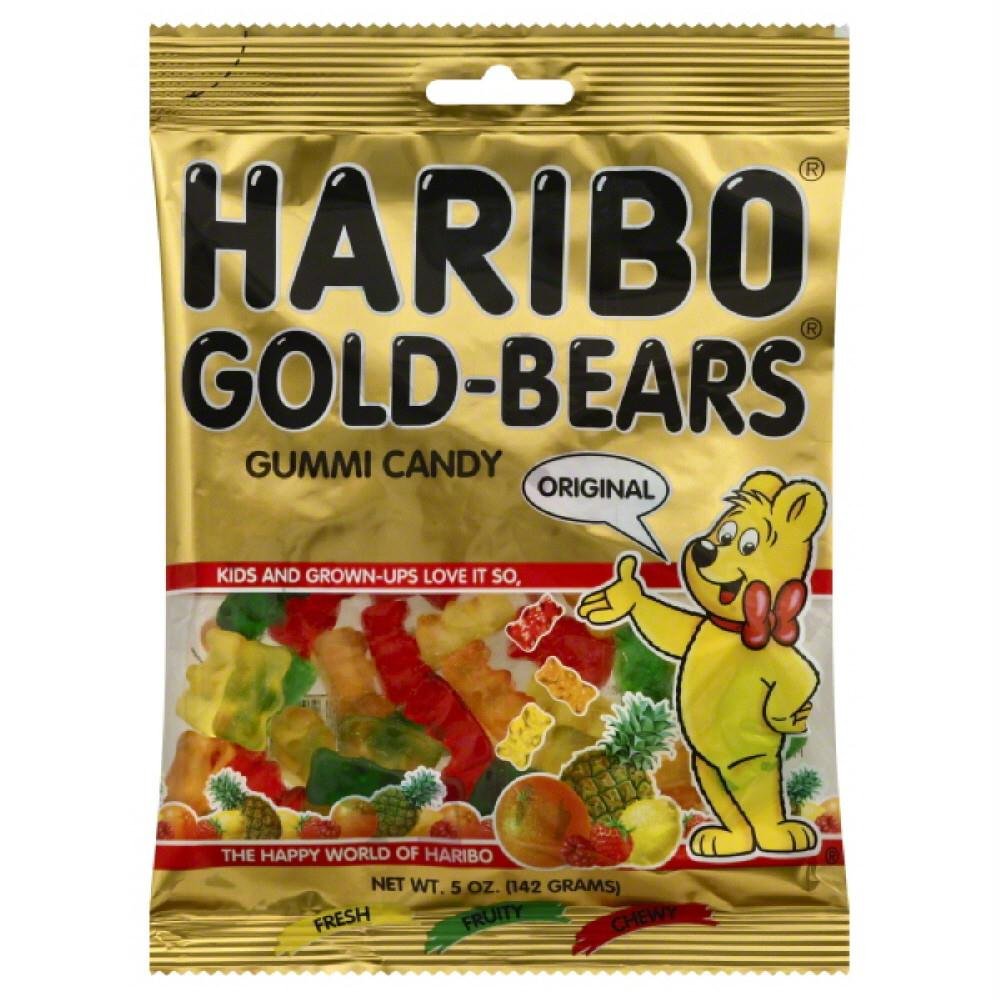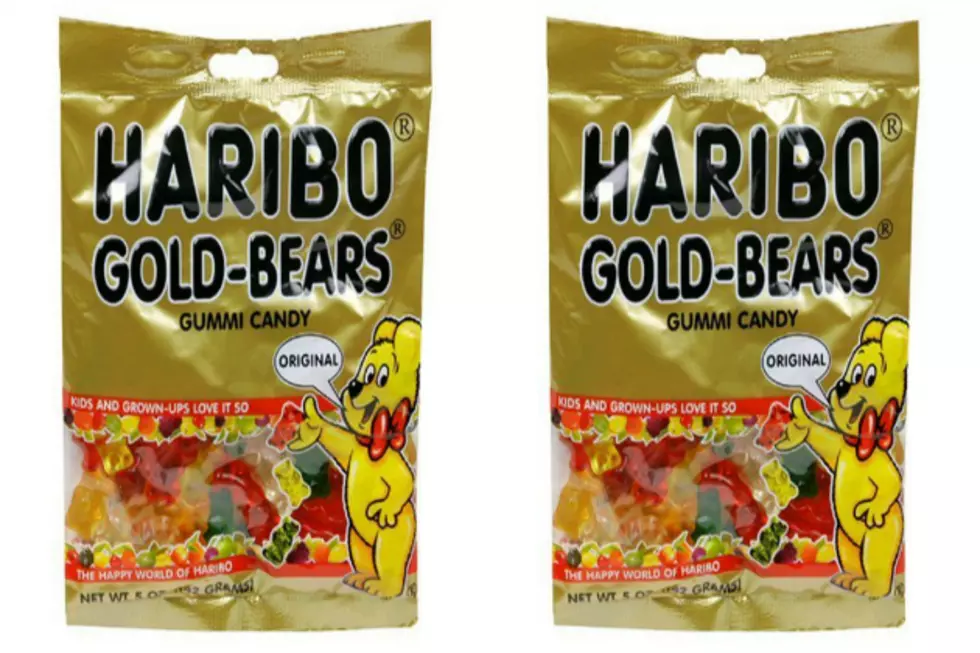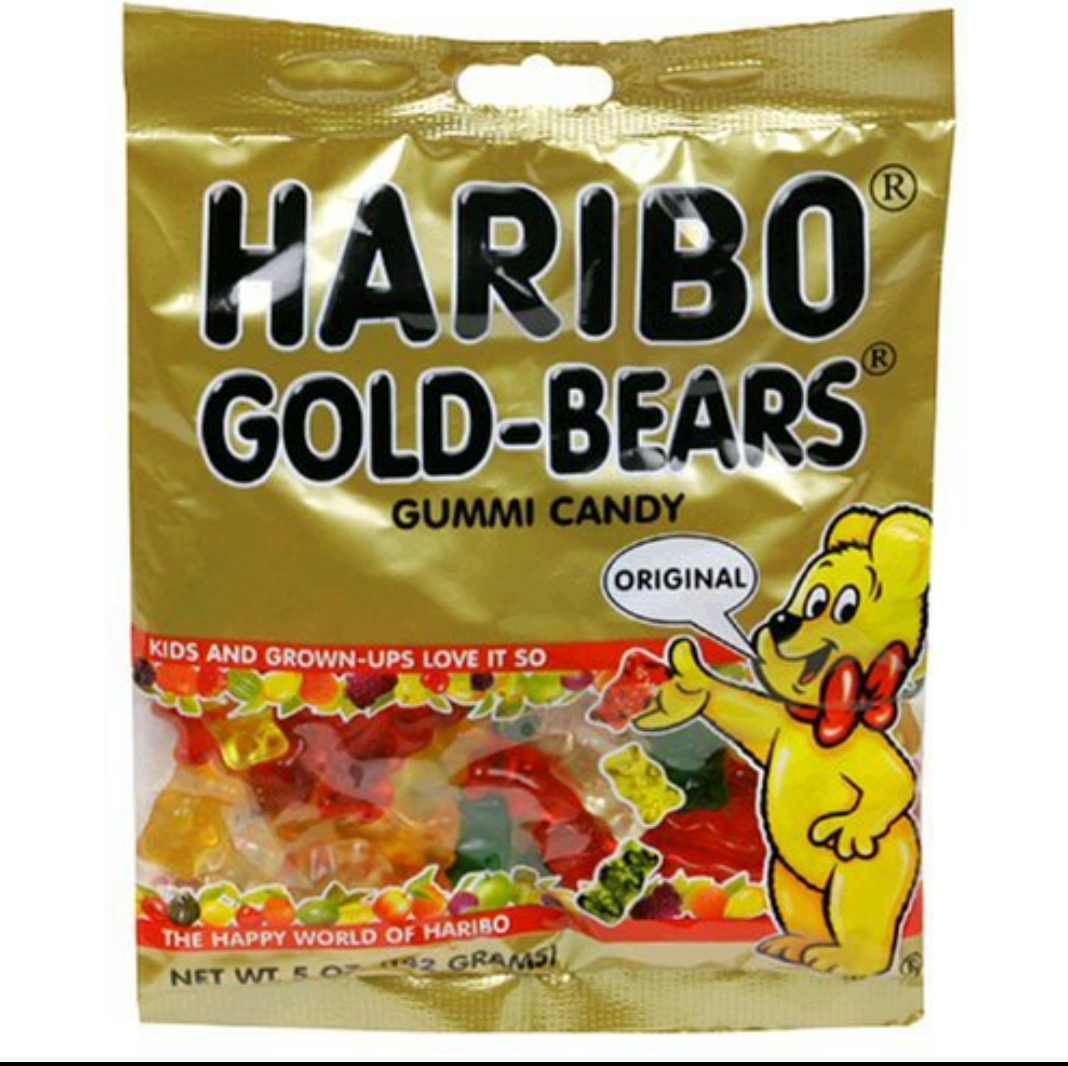When it comes to candy, few names invoke as much nostalgic joy as Haribo, renowned for its delicious gummy bears. However, a particular variant—the sugar-free gummy bears—has garnered infamy on platforms like Amazon for reasons that are both comedic and cautionary. This report delves into the reviews of these infamous Haribo gummy bears, exploring the sweet side of the product along with its not-so-sweet consequences, while emphasizing themes of health, balance, and self-love.

haribo gummy bear reviews on amazon
A Frequently Lamented Legacy: The Reviews that Shocked the Internet
In 2014, whimsical and horrifying reviews began flooding in about Haribo Sugar-Free Gummy Bears. Many customers shared tales of gut-wrenching experiences and uncontrollable reactions after indulging in these sugarless treats. For instance, one review stated, “I had never felt such simultaneous relief and anguish in my life.” These confessions transformed what should be fun and lighthearted candy anecdotes into cautionary tales that sparked a meme-worthy wave of hilarity online.

haribo gummy bear reviews on amazon
The Dual Nature of Gummy Delights
Haribo’s original Goldbears are celebrated for their delightful fruity flavors and satisfying chewy texture. A common sentiment among fans is, “Who doesn’t love gummy bears?” — underscoring their status as a beloved treat. However, when it comes to the sugar-free variant, a stark contrast emerges: the appealing taste morphs into a panic-inducing experience. It becomes evident that while Haribo’s gummy bears are a beloved candy, their sugar-free counterparts are a polarizing topic among consumers.

haribo gummy bear reviews on amazon
A Taste of Humor: Reviewing the Comedic Horrors
The Internet loves a good laugh, and reviews of Haribo Sugar-Free Gummy Bears do not disappoint. Many reviewers do not merely comment on the candy; they spin humorous tales that range from mildly embarrassing to downright grotesque. For example, one boldly proclaimed, “Could be used to torture information from terrorists.” Experts suggest that the trend of sharing these wild experiences is rooted in the catharsis of humor during uncomfortable situations.
Psychoanalyst Dr. Helen Fisher once said, “Humor is a way of coping with life’s absurdity.” This not only rings true for those who write these reviews but also for the countless readers absorbing these jarring tales of dietary disaster.
Health Perspectives: Balancing Treats and Well-Being
While indulging in treats occasionally is acceptable, the health implications of consuming too much sugar—or, in this case, sugar substitutes like maltitol found in Haribo’s sugar-free gummy bears—cannot be overlooked. Nutritionists often advise moderation, highlighting that what may seem like a ‘healthy’ option could lead to discomfort or distress if consumed in large quantities.
It’s important to embrace a healthy lifestyle while also allowing space for indulgences. As renowned wellness advocate Deepak Chopra asserts, “Wellness is a connection of paths: knowledge and action.” Recognizing both the joy these gummy bears can bring and the potential repercussions makes for a balanced approach to candy consumption.
The Allure of Gummy Bears: Why Are They So Good?
Gummy bears, particularly those from Haribo, maintain a reputation for being delicious for several reasons:
- Texture: The satisfying chewiness provides a sensory delight that candy lovers crave.
- Flavor Variety: With an array of flavors, from raspberry to pineapple, there’s typically a bear for everyone.
- Nostalgic Value: Many consumers associate gummy bears with joyous childhood memories, adding to their appeal.
As a result of these attributes, when someone asks, “Why is Haribo gummy bears so good?” a heartfelt response often follows. Thus, it’s no surprise that most reviews begin with an acknowledgment of the delightful taste before any warnings arise.
Understanding Consumer Experiences: The Stories Behind The Reviews
As the internet continues to poke fun at Haribo’s sugar-free gummy bears, it is essential to understand that personal experiences shape these reviews. The communal aspect of sharing stories fosters connection among readers, revealing that laughter can arise even from challenging situations. Moreover, it is a reminder to practice self-love and maintain a balanced relationship with food.
The Bottom Line: Enjoyment with Awareness
In summary, Haribo gummy bears, both sugar-laden and sugar-free, occupy distinct spaces in the world of confectionery. The humorous and frantic reviews serve to entertain and caution would-be consumers, reiterating the importance of moderation in dietary choices. In the words of happiness researcher Dr. Martin Seligman, “The best way to cheer yourself is to try to cheer someone else up.” As candy lovers continue to enjoy their favorite gummy treats, let us embrace laughter and understanding in the conversation surrounding sugary indulgences.
FAQ: Frequently Asked Questions About Haribo Gummy Bears
Why is Haribo gummy bears so good?
Haribo gummy bears are beloved for their chewy texture, vibrant flavors, and nostalgic appeal, making them a go-to candy for many.
How long do Haribo gummy bears last?
Unopened bags of Haribo gummy bears can last for six months to one year. Once opened, they may harden if exposed to air, so resealing after use can help maintain freshness.
Do Haribo gummy bears taste different?
Different varieties of Haribo gummy bears can have distinct flavors, and the green Goldbear, for instance, is strawberry-flavored, which often surprises consumers!
Are all Haribo gummies made in Germany?
No, while Haribo is a German company, it has manufacturing plants in several countries, including Austria, Belgium, and Spain, among others.
In conclusion, Haribo gummy bears continue to illustrate the intersection between enjoyment and caution, inviting consumers to engage in both laughter and mindful eating.